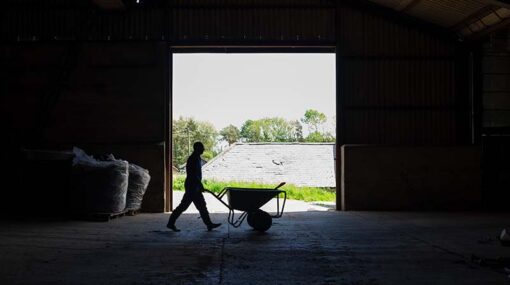Featured articles

Comment
Featured articles
Ministry of Defence extends deadline for £50bn Military Deafness Claims
20/01/2026



Comment
Featured articles
MoD Matrix Agreement: Major breakthrough for thousands in military hearing loss claims
08/07/2024
Firm News
See all articles
Firm News
Hugh James rolls out firm-wide AI literacy programme with King’s College London
25/02/2026





Comment
See all articles


Comment
Family law insights
Divorce in business: Why collaboration is the smartest asset you own
29/01/2026
Deals
See all articles

Deals
Sports Deals
Hugh James advises OffPitch Sports International on first investment round
09/09/2025
Charities, Community, & CSR
See all articles


Charities, Community, & CSR
Firm News
Hugh James Rugby Lunch 2024 raises £29k for charity partners
15/11/2024

Charities, Community, & CSR
A memorable day in Horatio’s Garden: Treasure hunt and afternoon tea
26/06/2024

Charities, Community, & CSR
Hugh James continues to support Horatio’s Garden Wales | Nurturing the wellbeing of people after spinal injury
21/05/2024
Case Study
See all articlesCase Study
Serious injury case studies
Substantial settlement for woman left with disabling neurological injury following road traffic collision
12/02/2026
Case Study
Serious injury case studies
Mother sustained a severe brain injury after she and her toddler were involved in a traffic collision on the motorway
04/02/2026
Case Study
Serious injury case studies
Over £3 million settlement for young woman who suffered a serious brain injury when hit by a car whilst jogging
30/01/2026

Case Study
Serious injury case studies
Father of six-year-old girl killed in tragic road traffic accident recovers damages for severe and ongoing PTSD
21/01/2026

Case Study
Military case studies
Substantial settlement for soldier with noise induced hearing loss
13/01/2026
Witness Appeals
See all articles
Witness Appeals
Witness Appeal: Did you work with the late Mr Herbert Goddard in the 1960s?
19/02/2026

Witness Appeals
Witness Appeal: Did you work with Mrs Margaret “Peggie” Lee (nee Iveson) at Newcastle General Hospital?
17/02/2026

Witness Appeals
Witness Appeal: Did you work with Ian Stoneley at Imperial Chemicals Ltd?
07/01/2026

Witness Appeals
Witness Appeal: Did you work with Mr Arthur Mott at Hotpoint in the late 1960s?
04/12/2025

Witness Appeals
Witness Appeal: Did you work with Mrs Christine King at West Cornwall Hospital in Penzance
01/12/2025

Witness Appeals
Witness Appeal: Did you work with Dennis Baxter at Apex Insulation or London Regional Transport?
13/11/2025








